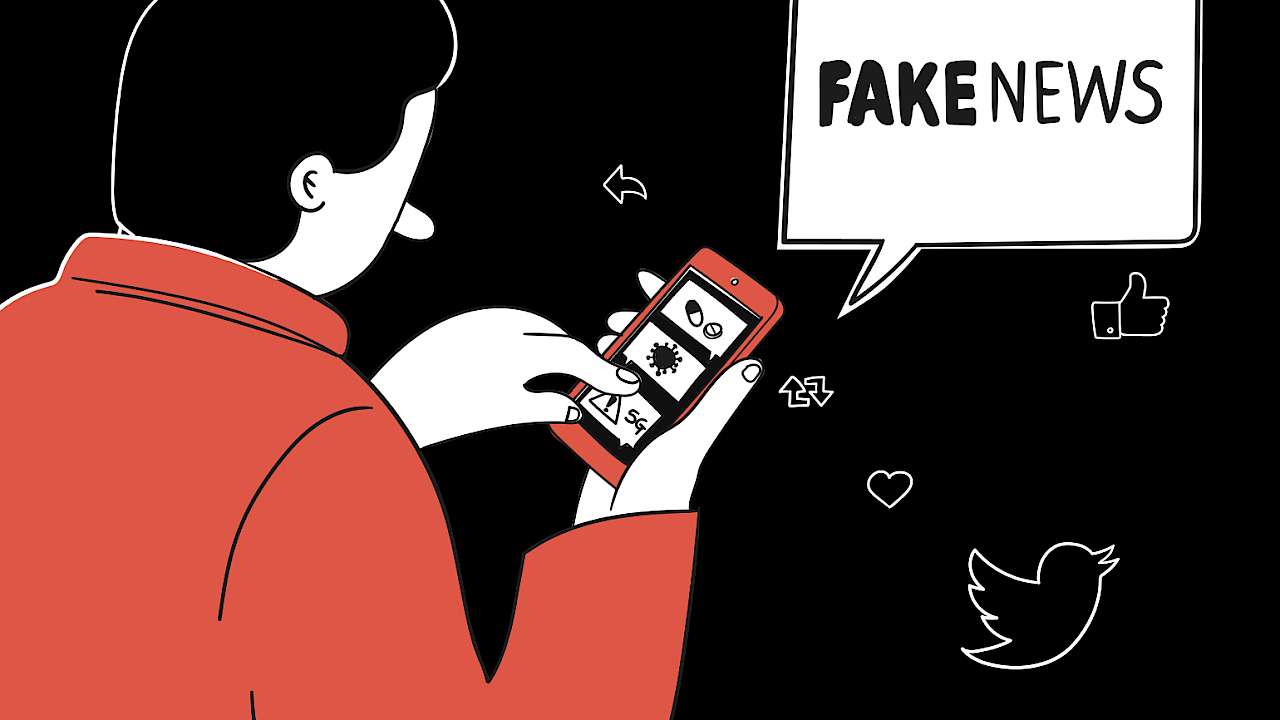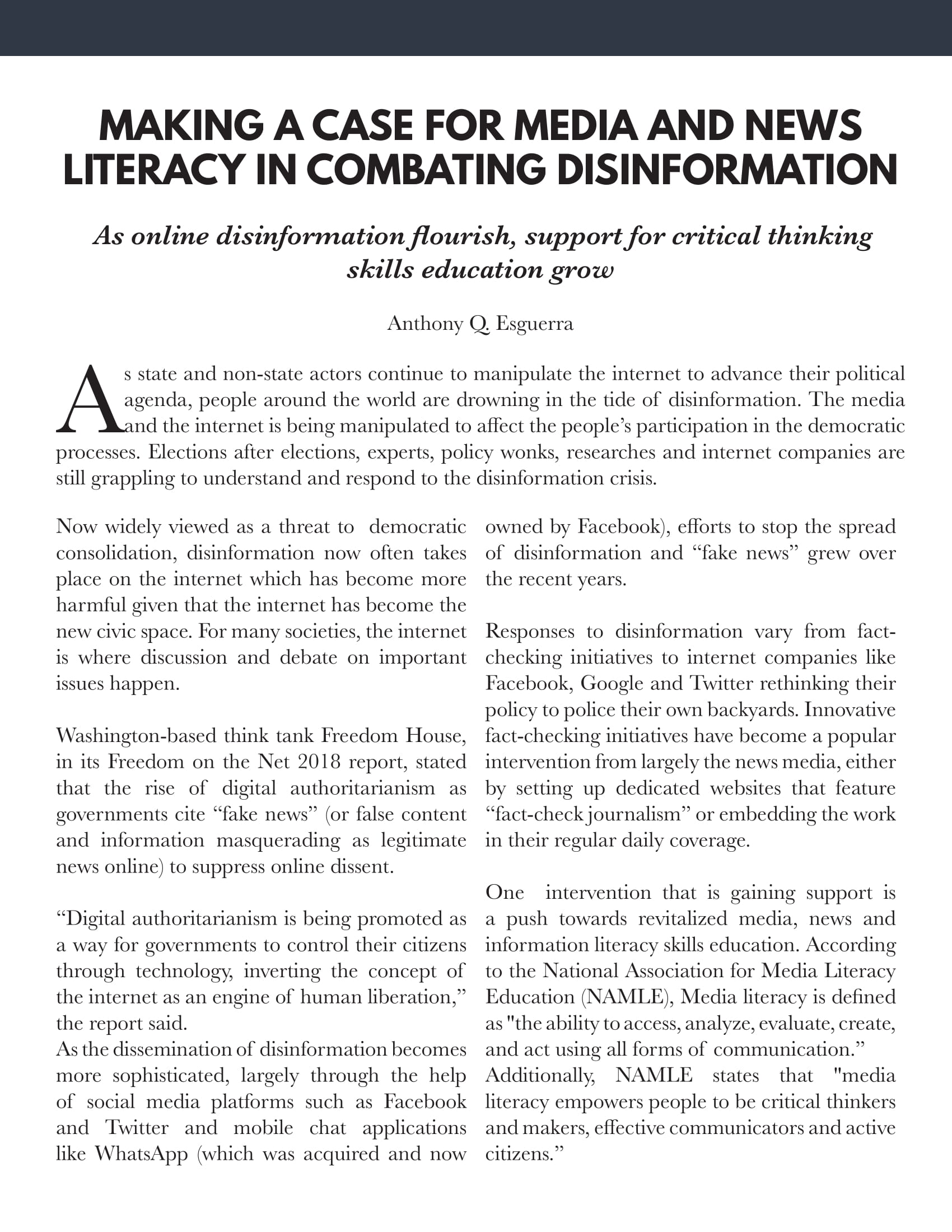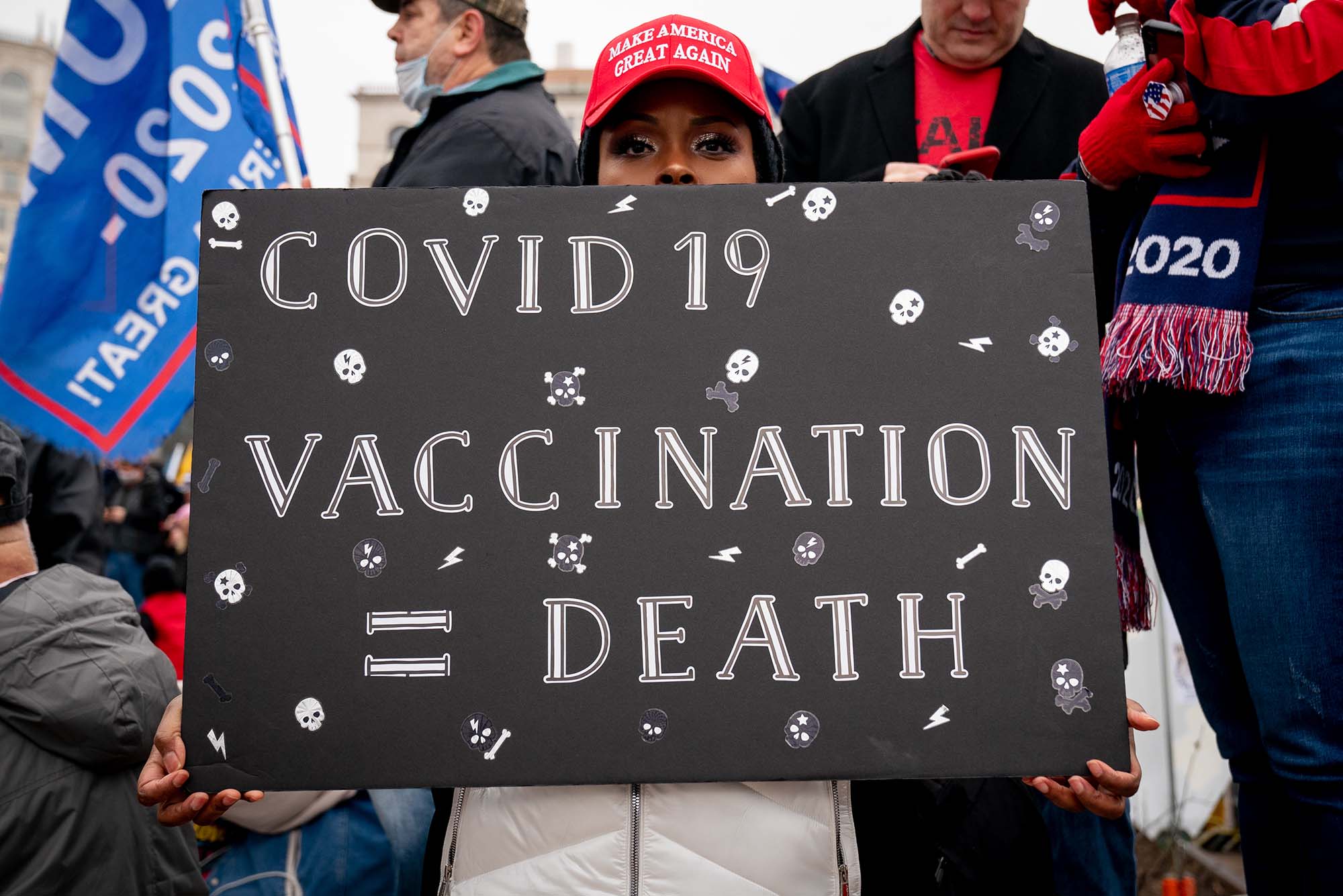Meta, YouTube couldn't tackle poll misinformation: Fact checkers
Platforms like MEDIANAMA and YouTube have faced criticism for their slow response in addressing misinformation during India's Lok Sabha elections. Fact-checkers highlighted the challenges they encountered in combating fake news and misleading content.
Challenges with Meta's Fact-Checking Program
Meta, which collaborates with independent fact-checkers, has been criticized for not promptly removing misinformation flagged by these organizations. Despite efforts to restrict the distribution of flagged content, platforms like Facebook, Instagram, and WhatsApp have been slow in completely removing deceptive posts.

Jency Jacob from Boom Fact Check noted that platforms only take action in extreme cases, such as content that incites violence. The fact-checkers expressed frustration over the platforms' reluctance to remove misinformation unless it violates specific guidelines.
YouTube's Response to Misinformation
Fact-checkers also raised concerns about YouTube's handling of fake news, particularly during the Lok Sabha elections. Abhilash Mallick from Quint highlighted instances where misleading videos spread false information about prominent figures in India. Despite some channels being penalized, a significant amount of misleading content remained accessible on the platform.

Google's collaboration with the Election Commission of India to promote authoritative voting information was noted, but fact-checkers suggested that more proactive measures are needed to combat misinformation effectively.
Community Notes and Combating Misinformation
X Corp's introduction of Community Notes aimed to provide additional context to posts to counter misinformation. However, fact-checkers observed that the process of validating these notes was slow, hindering their effectiveness in amplifying credible information.

Platforms must address the challenge of memes and satirical content being used to spread misinformation. Kritika Goel emphasized the need for platforms to develop solutions to combat deceptive content disguised as humor or satire, which can evade fact-checking efforts.
Enhancing Platform Responsiveness
Fact-checkers emphasized the importance of platforms taking more proactive measures to address misinformation, including improving response times to flagged content and enhancing collaboration with fact-checking agencies.
Overall, the discussion underscored the urgent need for platforms like Meta and YouTube to strengthen their efforts in combating misinformation and promoting accurate information, particularly during crucial events like elections.










